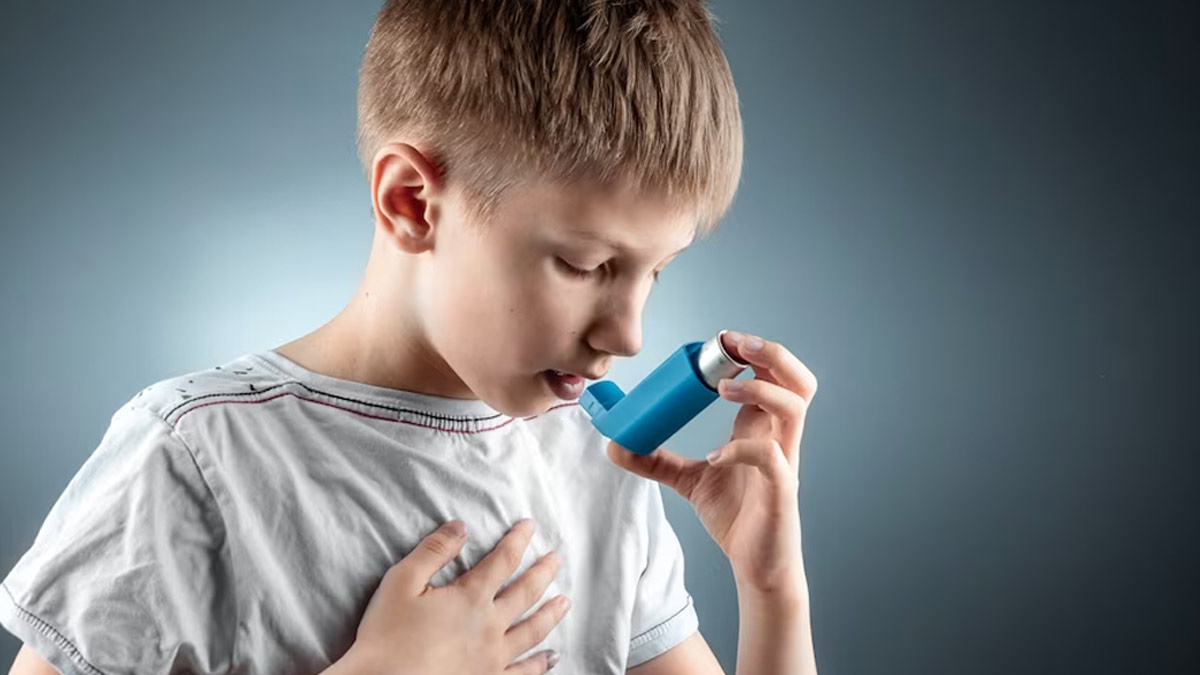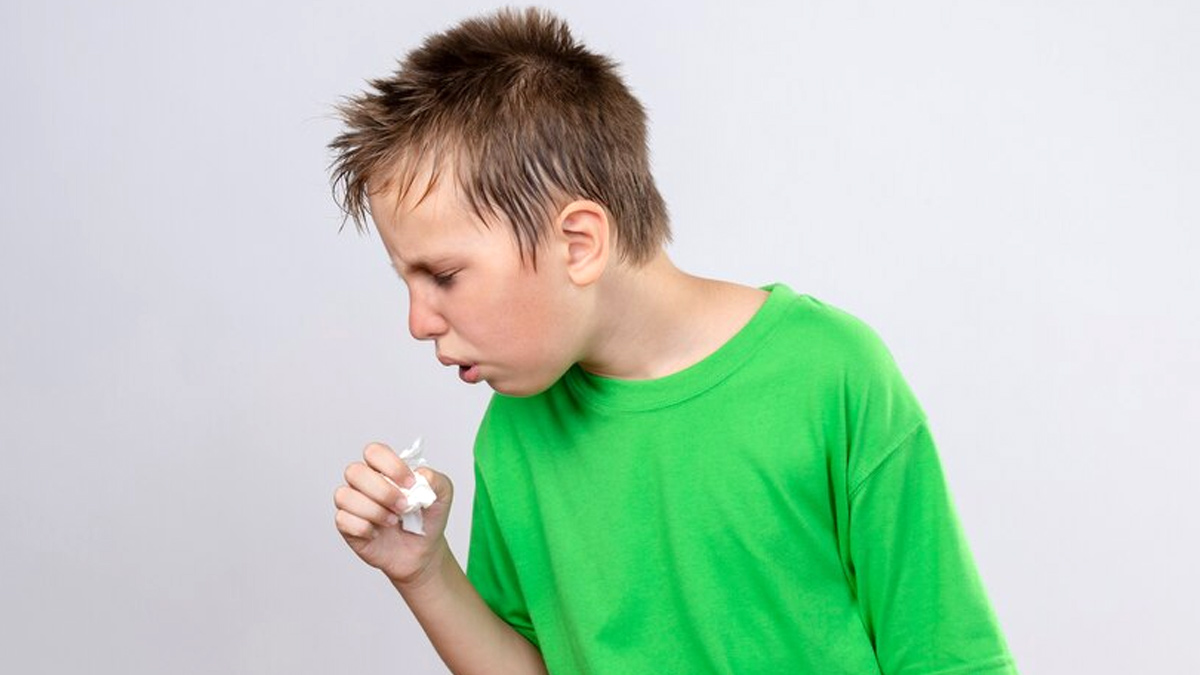
Asthma is a common respiratory condition that can affect people of all ages, including children. For parents, recognising the signs of asthma in kids is crucial, as early detection and proper management can significantly improve a child's quality of life. We spoke to our expert Dr Sunil Kumar Gonuguntala, Neonatologist, Apollo Cradle and Children’s Hospital, Marathahalli, Bengaluru, who listed symptoms of asthma in children and how to deal with it.
According to Johns Hopkins Medicine, asthma is a chronic lung condition that makes your child's airways hypersensitive to specific triggers. These changes include airway lining swelling, increased muscle tension around the airways, and increased production of thick mucus, ultimately leading to airway constriction and breathing difficulties.
Symptoms of Asthma in Children

Dr Gonuguntala listed the symptoms of asthma in children as follows:
- Frequent Coughing: Persistent coughing, particularly at night or early morning, can be an early sign of asthma in children. You may notice that the cough is dry or produce mucus.
- Wheezing: A child who is wheezing will make a high-pitched whistling sound as they breathe. It often accompanies laboured breathing and can be a clear indicator of asthma.
- Shortness of Breath: Children with asthma may experience difficulty breathing, especially during physical activities or at night.
- Chest Tightness: Some kids may complain of chest tightness or discomfort, which can be a result of the airway constriction associated with asthma.
- Frequent Respiratory Infections: Children with asthma may be more susceptible to respiratory infections, such as bronchitis or pneumonia, and these illnesses can exacerbate asthma symptoms.
- Coughing or Wheezing After Exercise: If a child frequently coughs or wheezes after physical activity, it could be a sign of exercise-induced bronchoconstriction, which is common in children with asthma.
- Nighttime Symptoms: Asthma symptoms often worsen at night. Children may wake up coughing, wheezing, or experiencing shortness of breath.
Dealing with Asthma in Children
According to a BMJ Paediatrics Open, approximately 14% of children and young adults worldwide suffer from asthma, making it the most prevalent chronic respiratory disease in childhood.

Consult a Medical Expert
Dr Gonuguntala said, “If there is a doubt that the child has asthma or notices any of the above signs and symptoms, it's essential to seek medical advice. A medical expert can diagnose asthma through a combination of medical history, physical examination, and lung function tests.”
Also Read: Yoga For Asthma: 5 Asanas To Include In Your Routine
Medication Management

Dr Gonuguntala said that depending on the severity of the child's asthma, they may be prescribed one or more types of medications:
- Rescue Inhalers (Short-Acting Bronchodilators): These are used to provide quick relief during asthma attacks or when symptoms worsen.
- Controller Medications (Inhaled Corticosteroids): These are taken daily to control asthma and reduce inflammation in the airways.
- Leukotriene Modifiers: These can help prevent asthma symptoms by blocking substances that contribute to inflammation.
- Avoid Triggers: Identify and minimise asthma triggers in the child's environment. Common triggers include allergens (dust mites, pollen, pet dander), respiratory infections, smoke, and strong odours.
Bottomline
Dr Gonuguntala concluded, “Recognising the signs of asthma in children is the first step in effectively managing this chronic condition. By consulting medical experts and implementing preventive measures, parents can help their children lead active and fulfilling lives despite asthma. With proper care and support, children with asthma can thrive and manage their symptoms effectively.”
[Disclaimer: The information in this article is shared by a medical professional and is for informational purposes only. Hence, this information should not be substituted with medical treatment. It's essential to visit a doctor if you notice any symptoms to manage the condition effectively.]







